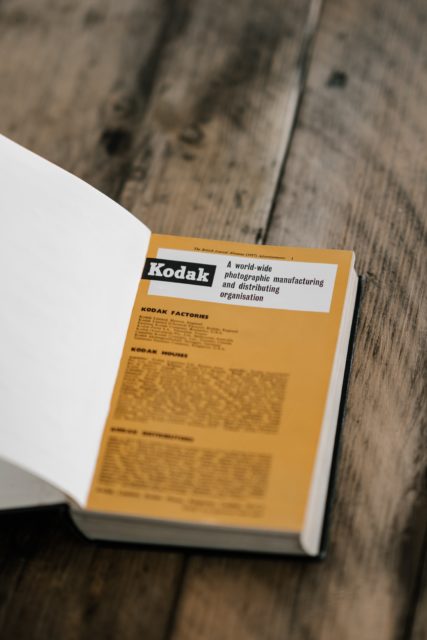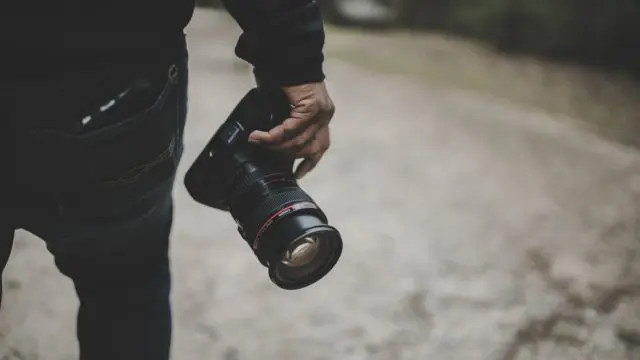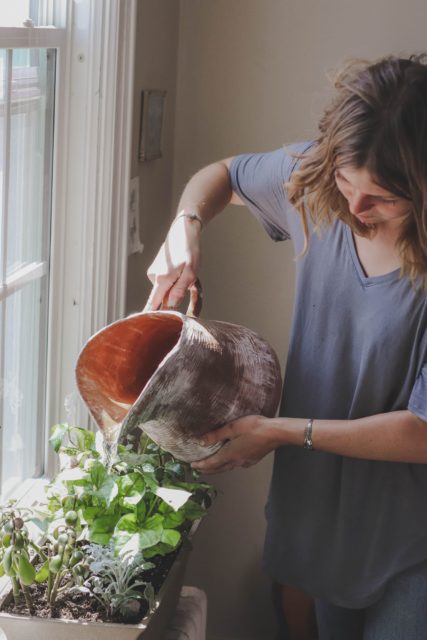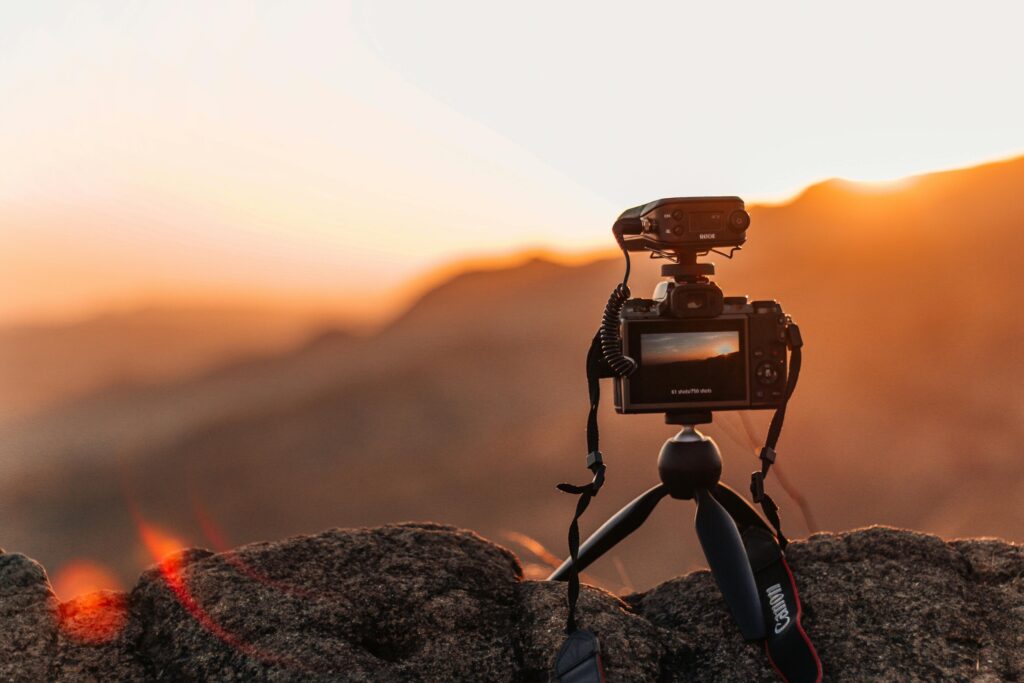People have all sorts of different reasons as to why they first picked up a camera. Some do it out of curiosity, wondering what the hype is all about and. Some do it to earn what they presume to be an easy credit in school. Others do it as a means of self-expression.
One thing most new photographers have in common is excitement for their newly acquired craft. Something else they tend to have in common? Feelings of disappointment and frustration upon realizing that being good at photography isn’t as easy as they might have expected.
There’s no shortage of advice floating around aimed at helping new photographers get a grasp on the technicalities involved — exposure triangle, white balance, metering, composition rules — all vital components of fundamentally sound photography.
But there’s a pragmatic side of photography that’s sometimes overlooked. A side that doesn’t involve f-stops and lighting ratios. Therefore, this version of the “how to get better at photography” article revolves around decidedly non-technical ideas.
If you’re a beginner photographer feeling a bit confused or discouraged, keep reading to discover ways that you can get on the right track.
1. Read the Manual
If you’re anything like me, reading the manual is an afterthought. But it shouldn’t be. Manuals exist for a reason and, obviously, contains lots of important information about the camera you’re using. Sure, some people learn better by doing rather than reading, and that’s okay.
But still…read the manual. It’ll make things easier for you in the long run. You’ll learn what each button does, where all the important functions are located and how to customize your camera to your liking.

2. Always Have Your Camera Nearby
A good photographer is nothing if not opportunistic. You always have to be prepared to capture a shot when it unfolds in front of you. Being prepared simply means having your camera close to you.
Of course, you can’t always have a camera hanging around your neck, but who doesn’t have a mobile device these days? You’ve got a legitimately good camera with you at all times. Regardless of what camera you use, the goal is to train your eye and your creative reflexes to recognize and capture worthwhile moments.

3. Find Inspiration
Knowing how to use your camera and is only one part of gaining photographic competency. You also need to be able to speak the “language” of photography — you have to expose yourself to the work of others in order to learn the many different ways to use the medium.
By doing this, you get a visual representation of all those seemingly abstract ideas like lighting and composition. Seeing what good photographers do with those elements will inspire you to start implementing your own ideas and, ultimately, develop your own style.

4. Make A Few Friends
I don’t mean Instagram friends. There’s nothing wrong with having friends online, but I’m talking about the “in real life” variety here. Having someone to go out and shoot with sometimes not only makes things more fun but also creates unique learning experiences.
For those who tend to view photography as a solitary endeavor, I’m with you. But I can also appreciate the value in having a trusted photographer friend who you can trade ideas with and who will give you honest feedback on your work.
Beyond the inherent social implications, having real-life interactions with other photographers can have a tremendous positive impact on your creative growth.

5. Be Patient
Give yourself the gift of patience. Understand that you’re not going to figure it all out in your first month…or first year of photography. Indeed, mastery takes many years. So don’t impede your progress by putting unnecessary pressure on yourself.
The expectations you have for yourself should be reasonable and realistic and based on your current skill level. You need time to not only acquire new skills but to refine those skills. This will remain true throughout the entirety of your journey in photography.

Final Thoughts
Improving as a photographer involves the incorporation of diverse ideas and skills. If you intend to be well rounded in your craft, you can’t rely exclusively on the technical while neglecting the practical. The five tips above are meant to provide a more pragmatic approach to your development — keep them in mind as you continue on your path toward mastering various technical skills.




